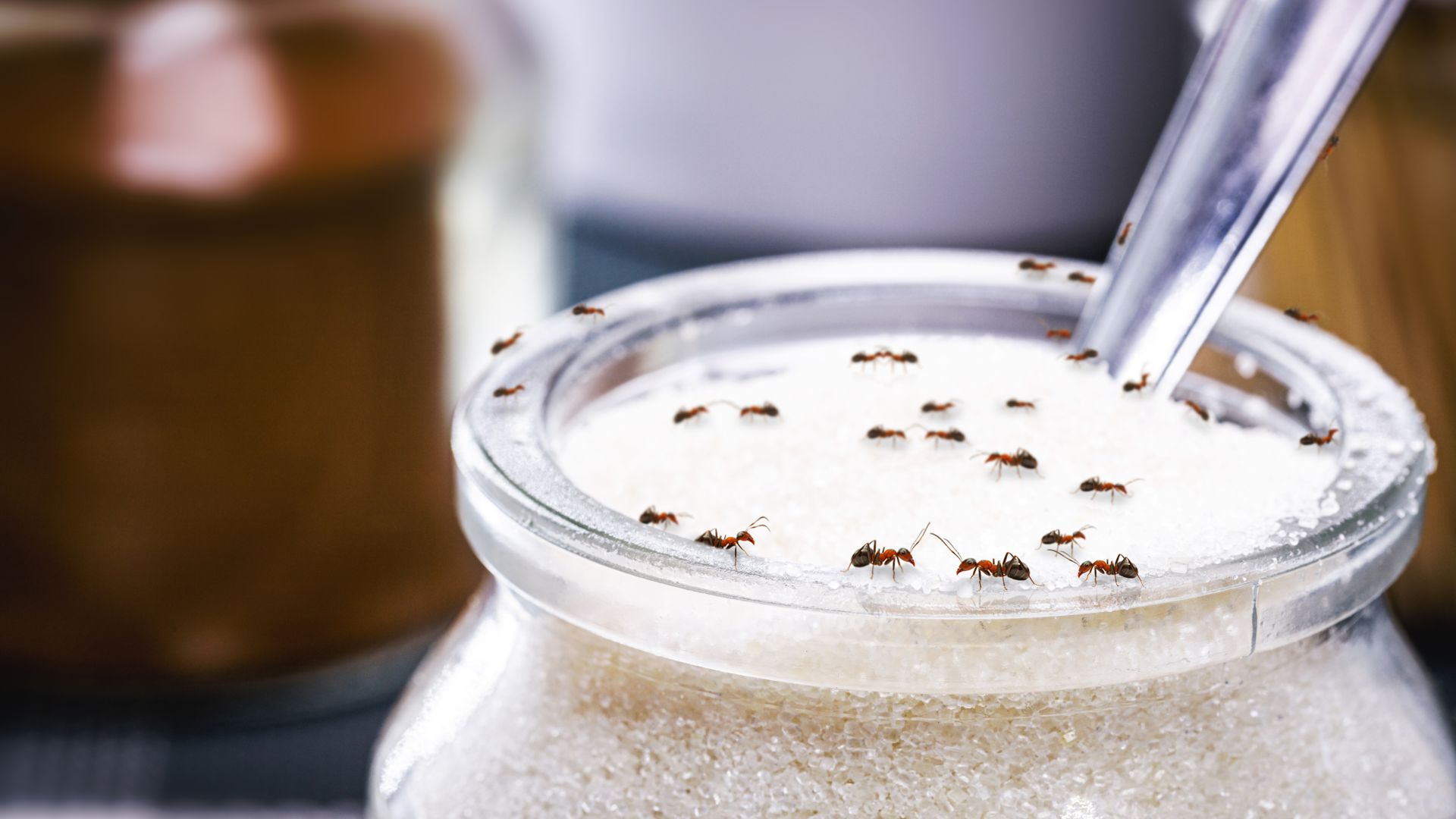Like all insects, the wasp and hornet offer various environmental benefits, and like all stinging insects, they pose a potential threat to you and your family. At Tim’s Pest Control, we know that safety is a top priority, so we provide safe and effective pest control in Norwalk to protect you and your family.
Common Types Of Hornets And Wasps Found In Norwalk
There are several types of wasps and hornets commonly found in Norwalk.
These include:
The bald-faced wasp: The bald-face wasp is closely related to the yellow jacket. It is easily identifiable due to its unique black and white or pale-yellow markings. This insect is a pollinator and will eat yellow jackets.
European hornet: The European hornet is a large stinging insect and, unlike other stinging insects, in Norwalk this one is nocturnal. Although ferocious-looking, this wasp is rarely aggressive unless disturbed first and it is an excellent pollinator.
Yellow jacket: Yellow jackets are a black and yellow wasp species most identifiable by their aggressive behavior. They are small, bright, and have a thin waist. They aid in decomposition, but do not offer other beneficial environmental qualities.
Paper wasp: Paper wasps are pollinators that look like yellow jackets, but they have a sleeker body. In comparison to yellow jackets, they are not as aggressive, but they will attack if threatened.
Mud dauber wasp: The mud dauber builds its nest in mud and is often black or metallic. Their bodies are needle-like and unique compared to other species. These insects are rather passive, and they don’t often sting, but their nest can easily be taken over by other species such as the yellow jacket.
Hornets and wasps can usually be found within a mile of their nest. Although not all species of stinging insects are aggressive and some are even beneficial, you don’t want to host a nest in your yard due to the potential dangers of having their home base too close to yours.
The Problems Hornets And Wasps Can Create Around Your Yard
The most obvious problem with hornets and wasps in your yard is the threat they present to you and your family. All stinging insects, no matter how passive they are, can and will sting to protect their nests. Some hornets and wasps can cause damage to structures with their nests, but the most prevalent concern is safety.
Five Eco-Friendly And Effective Wasp Prevention Tips
Insects in general are important to the environment. Wasps and hornets help nature decompose waste and most make decent pollinators. However, due to the danger they present, you don’t want to have any of them make your yard their home.
Here are five eco-friendly wasp prevention tips:
Thyme, spearmint, garlic, and lemongrass are herbs that deter wasps. You can plant them as additions in your garden or use a mix of essential oils to spray in areas where they might like to nest.
Get rid of plants in your yard that wasps love like Queen Anne’s lace and sweet fennel. Then plant common garden plants that deter wasps like marigolds and piney evergreen shrubs.
Use a decoy. One way to deter wasps from entering your yard is to use a decoy wasp nest. Wasps will not build their nest within a few hundred feet from another nest so if a rival nest is visible, they will move onto another area. Some people create their own nest, but you can also purchase decoys.
Wasps are attracted to the sweet smell of rot and decomposition. Be sure to properly dispose of garbage and watch that compost bins are correctly formulated.
When working in the yard avoid using strong smelling perfumes or deodorants. Additionally, yellow and white-colored clothes, bird feeders, and yard ornaments will attract stinging insects.
These are just some steps you can take to avoid wasps visiting your yard and deciding to make it their home.
The Most Effective Wasp Control For Your Norwalk Yard
Prevention is so important, but if you find yourself in need of help, the best way to get rid of wasps in Norwalk is to call Tim's Pest Control. We have three decades' worth of experience servicing residential, commercial, and industrial properties. We pride ourselves on our diligence by keeping up to date on the latest available knowledge for treating and preventing pest problems. Contact us today to get started!

